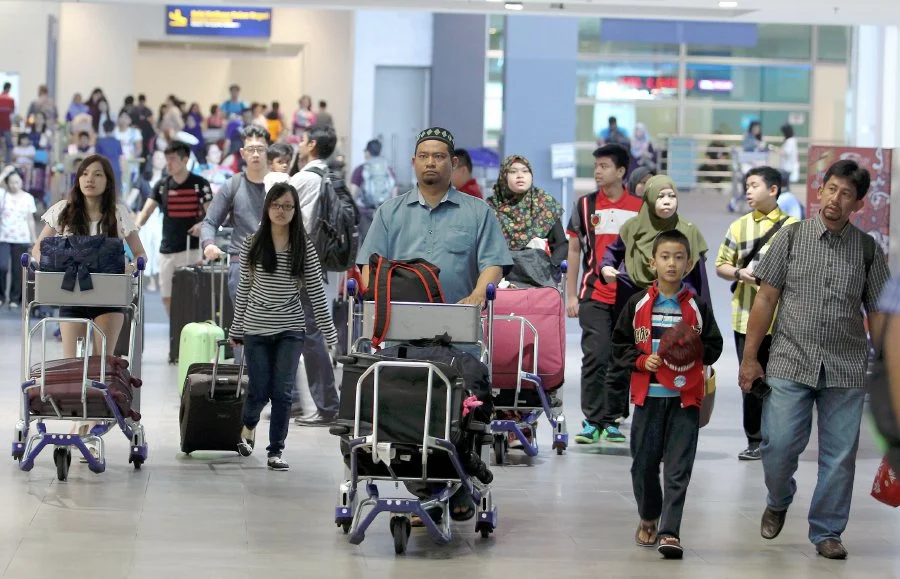IN an effort to bolster the International Olympic Committee’s (IOC) digitalisation efforts, Olympic Winter Games Beijing 2022 has successfully migrated its core games technology services to Alibaba Cloud, the digital technology and intelligence backbone of Alibaba Group.
The migration has occurred against the backdrop of the COVID-19 pandemic, creating a safer, more efficient, sustainable and inclusive experience for participants and audiences from around the world.
“The Olympic Winter Games Beijing 2022 will not just be remembered by the excitement and the phenomenal achievements brought by the athletes from across the world, but also for the new benchmarks it had set for driving a more efficient, sustainable and inclusive Olympic Games,” said Alibaba Cloud Intelligence president Jeff Zhang.
“We are proud to be supporting the digitalisation of the Olympic Games and we hope our experience in hosting Beijing 2022’s core operating systems on Alibaba Cloud will be passed on to future sporting events.”

The Olympic Winter Games Beijing 2022 has realised a further move to cloud-based services, further reducing the time and cost investment on IT infrastructure, hardware and associated management.
With the advanced cloud-based capability to analyse real-time intelligence, the planning and management for Beijing 2022 was further streamlined and improved for a more seamless user experience.

Boosting Efficiency through Alibaba Cloud
Conventionally, the city hosting the Olympic Winter Games would require a large IT structure and the relevant hardware in place to broadcast footage and to service Rights Holding Broadcasters (RHBs).
There was also a need to spend a considerable investment in telecommunication systems, optical circuits and other broadcast-based hardware to send live footage around the world.
However, with cutting-edge technology, the Olympic Broadcasting Services (OBS) implemented new and innovative methods for distributing live content over Alibaba Cloud that could effectively rival more traditional methods based on telecommunication lines and satellite links.
RHBs could also now broadcast live footage at a much lower cost compared to other, more traditional methods.
Broadcasting through the flexibility, low latency and resilience of cloud services meant an increase of productivity for broadcasters.
The stability of the cloud also ensured quality broadcasting and a surge of demand for live streaming. RHB editors could simply pick and choose between different live feeds remotely through Live Cloud, creating more immersive content for viewers.
RHBs could also take advantage of Alibaba Cloud’s Multi-Camera Replay System and High-Quality Reconstruction on the Live Cloud.
This is the first time that Olympic Broadcasting relied on a cloud-based workflow for frame freeze, slow motion replays and more.
These were made available remotely for RHBs which could then be quickly edited for sports fans around the globe.

Live multi-angle footage of selected sports was also compiled for real-time processing and editing before chosen moments were shared as a replay through a multilateral feed.
The seamless reconstruction of these moments meant that exciting moments only took seconds to prepare for live coverage broadcast programmes.
High-quality 3D representations of the sport scenes took less than a minute to render using Intel’s 3rd Gen Xeon Scalable processors and Alibaba’s Cloud technology.
Content+ also served RHBs with broadcasting services and additional content produced by OBS for RHB coverage.
RHB social media teams could work remotely on gathered footage on OBS’s use of cloud-based editing to create social media clips more efficiently, keeping social media users engaged throughout the Olympic Winter Games.
During the Games, over 6000 hours of content was produced, including 900 hours of and an additional 1,200 hours of unseen competition footage. This doubled the amount available compared to the Olympic Winter Games PyeongChang 2018.

Bringing inclusiveness through Alibaba Cloud
Alibaba launched an innovative cloud-based technology called Cloud ME powered by its real-time communication (RTC) solution which gives users a chance to interact with a life-sized, true-to-life projection of their counterparts across the cloud.
Cloud ME would reconstruct a low latency version of users down to the smallest details, creating a realistic interaction for users.
Cloud ME was available at pop-up booths in and outside of the Olympic Winter Games Beijing 2022 bubble.
Dong Dong, a 22-year-old virtual influencer, was also debuted by Alibaba Group for the Olympic Winter Games Beijing 2022.
Dong Dong was created to interact with fans globally, sharing fun and informative Olympic-related facts and her live streaming session during the Olympics was viewed more than 2 million times with a fanbase of 100,000 viewers.
A More Sustainable Olympics with Innovations
There were nearly 40% fewer Rights-Holding Broadcaster personnel on-site in Beijing compared to the Olympic Winter Games PyeongChang 2018.
The OBS Video Server provided RHBs with an efficient way to produce quality content that could be scaled without needing to invest in onsite hardware.
This meant that RHBs could accessibly produce the content required to bring the Olympic games to viewers.
With RHBs able to remotely access content, this reduced the need for RHB personnel to be physically present at the Beijing Winter Olympics.
The resulting footprint caused by travel was kept to a minimum, keeping the event green and sustainable.
A key challenge facing RHBs was the requirement to send technical professionals to Olympic venues in order to deploy dedicated telecommunications lines.
With the use of cloud services, broadcasters could then cover events using remote workers, making the Olympic Winter Games Beijing 2022 more inclusive for all.
Key technologies were also introduced to engage audiences both locally and around the world.
“Beijing 2022 should champion innovation as well as sporting success,” said IOC chief information technology officer Ilario Corna.
“I am thrilled to see that the cloud-based technology in action at the Olympic Winter Games not only benefits athletes, fans and operating staff, but also helps us to honor our ambition to ensure the Olympic Games are at the forefront of sustainability.”
For more information, visit https://my.alibabacloud.com/.










